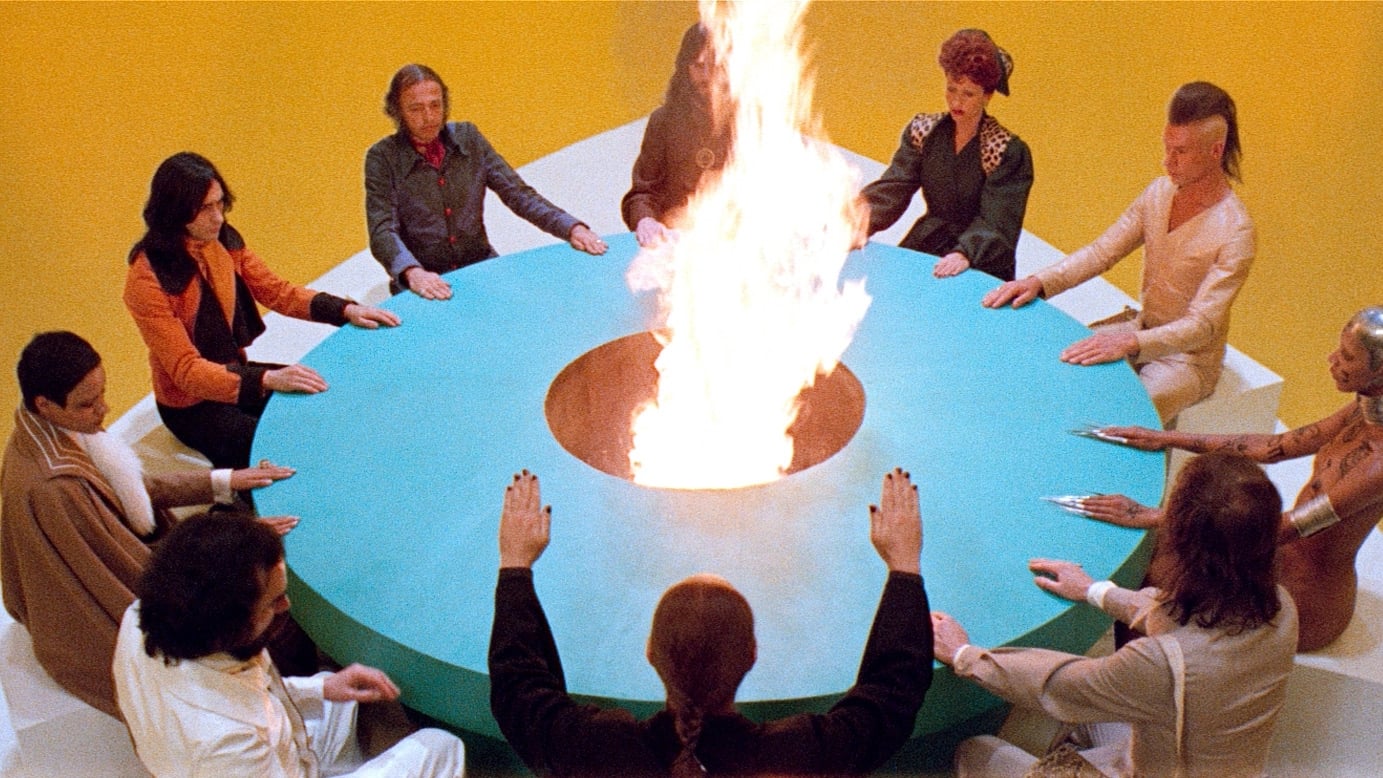Ah, the intricacies of film insurance! Sorting through confusing terms like “claims-made” and “occurrence” can feel like deciphering ancient hieroglyphics. But fear not, intrepid filmmaker! In this breakdown, we’ll illuminate the key differences between these two fundamental coverage types, empowering you to confidently choose the shield that best protects your cinematic vision.
Direct Answer:
The critical difference between claims-made and occurrence film insurance boils down to when a claim is covered:
- Occurrence-based: Protects you from incidents that happen during the policy period, regardless of when the claim is filed. Think of it as a safety net for the entire production timeline.
- Claims-made: Provides coverage only for claims reported during the policy period, even if the incident itself occurred before the policy started (often with a limited “retroactive date”). It’s like buying an umbrella after the rain has started.
Deeper Dive:
Occurrence-based: Imagine filming a stunt that injures an actor months later. An occurrence policy covers such delayed claims as long as the incident occurred while the policy was active. This offers long-term peace of mind, but premiums tend to be higher.
Claims-made: Say you hire a freelancer with copyright issues, sparking a lawsuit years after production. A claims-made policy, as long as the claim is reported during the policy period, would step in, but only up to the policy limits. Premiums may be lower, but coverage gaps arise if claims linger beyond the policy term.
Choosing the Right Fit:
- Occurrence-based: Ideal for productions with extensive post-production or potential for future claims (e.g., historical dramas).
- Claims-made: Suitable for short-term projects, smaller budgets, or situations where claims reporting is prompt.
Beyond the Basics:
- Reporting Period Extensions: Extended reporting periods can be purchased with claims-made policies to offer additional coverage after the policy expires.
- Prior Acts Coverage: This can be added to claims-made policies to cover incidents that occurred before the policy’s retroactive date, but comes at an additional cost.
Remember: Both claims-made and occurrence policies have unique strengths and weaknesses. Consulting with a reputable film insurance broker is crucial to assess your specific needs and tailor the perfect coverage.
Bonus Tip: Don’t be afraid to ask clarifying questions and read through policy documents attentively. Your understanding of these nuances could be the difference between a smooth production and a nightmarish lawsuit.
Now, go forth and conquer the cinematic world, armed with the knowledge of claims-made versus occurrence film insurance! And, as always, remember, the best insurance policy is a well-planned and executed production.

I am a highly experienced film and media person who has a great deal to offer to like-minded individuals. Currently working on several exciting projects, I am a film and media practitioner for over a decade. I have achieved a great deal of success in my professional career.





